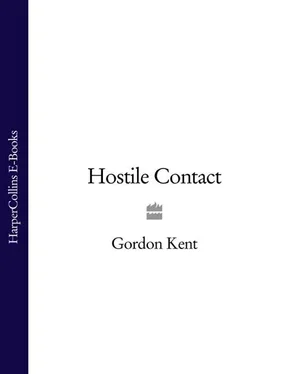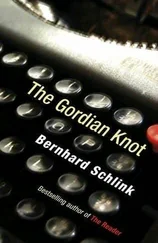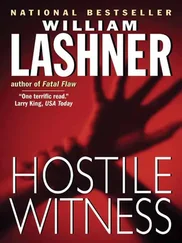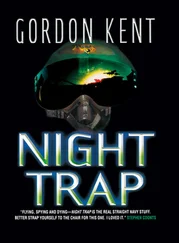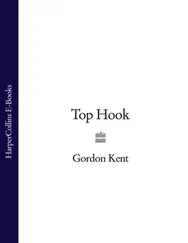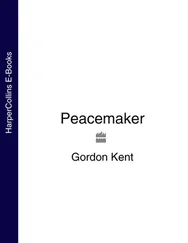“Well,” Alan said grudgingly, “I’m not sure anybody tried to kill me.” He was frowning, looking away from Dukas.
Dukas leaned in close again. “It’s the Chinese, stupid. Get it?”
Dar es Salaam.
By midnight, Colonel Lao knew enough about what had happened in Jakarta to make him start using obscenities in his conversation—always a sign of frustration in him. Inwardly, he cursed: he cursed the distance between Dar and Jakarta; he cursed the surveillance people there and the fact that he couldn’t debrief them himself. Had they been so incompetent that they had got themselves shot at? Had they frightened off Chen and Shreed? Had there been some other failure?
“Unlikely,” he said aloud. He believed in likelihoods, probabilities: when you must choose, choose the probable.
Start with the certain , he thought.
Nothing was certain.
Start with the probable, then.
What was probable was that the American in the Orchid House had been sent by the CIA. If Shreed was dead, then it was probable that the CIA had his files, including the comm plan; it was probable that they had tested the plan by planting the mark. Therefore, the man who had appeared at the meeting place with a magazine under his arm had been a CIA agent—unless Shreed was not in fact dead. If Shreed was not dead, then what was probable was that the American in the Orchid House had been sent by him.
What was utterly uncertain was why and how the meeting in the Orchid House had degenerated into a shootout. Such things were remarkably rare—so rare that most operations officers hardly ever even carried guns, much less used them.
James Bond, Lao thought with a sneer.
What went wrong?
A fuller report had landed on his computer. The American (if he was) had had no gun and had not fired. Others in the Orchid House, apparently locals, had been armed and had fired. And his people had returned the fire. All this suggested not two sides, but three, with the American seemingly at a different level of involvement—almost, in a sense, a bystander.
A third force. Maddening.
And the Americans as bystanders. Odd.
And then the odd behavior of Chen’s old agent, Li.
Analysis of airline manifests showed that an American named Alan Craik had flown into and out of Jakarta on the right days, and a report from the agent who had checked the hotels said that Craik had asked about the location of the cannon and the Orchid House and had then been gone for part of an afternoon. The officer in Jakarta had had to winnow down a list of possibles to get to this one, a list that included a Dutch businessman, an American tourist, two Japanese tarts, and an airline steward, but Craik seemed the likeliest because of the question about the park. Lao himself became convinced when a simple check of a military registry turned up Craik as a serving officer in naval intelligence—not quite real intelligence, to Lao, but close enough. Although why he was traveling under his own name to a hostile agent contact, Lao could not begin to guess. Madness! Amateur!
Конец ознакомительного фрагмента.
Текст предоставлен ООО «ЛитРес».
Прочитайте эту книгу целиком, купив полную легальную версию на ЛитРес.
Безопасно оплатить книгу можно банковской картой Visa, MasterCard, Maestro, со счета мобильного телефона, с платежного терминала, в салоне МТС или Связной, через PayPal, WebMoney, Яндекс.Деньги, QIWI Кошелек, бонусными картами или другим удобным Вам способом.
